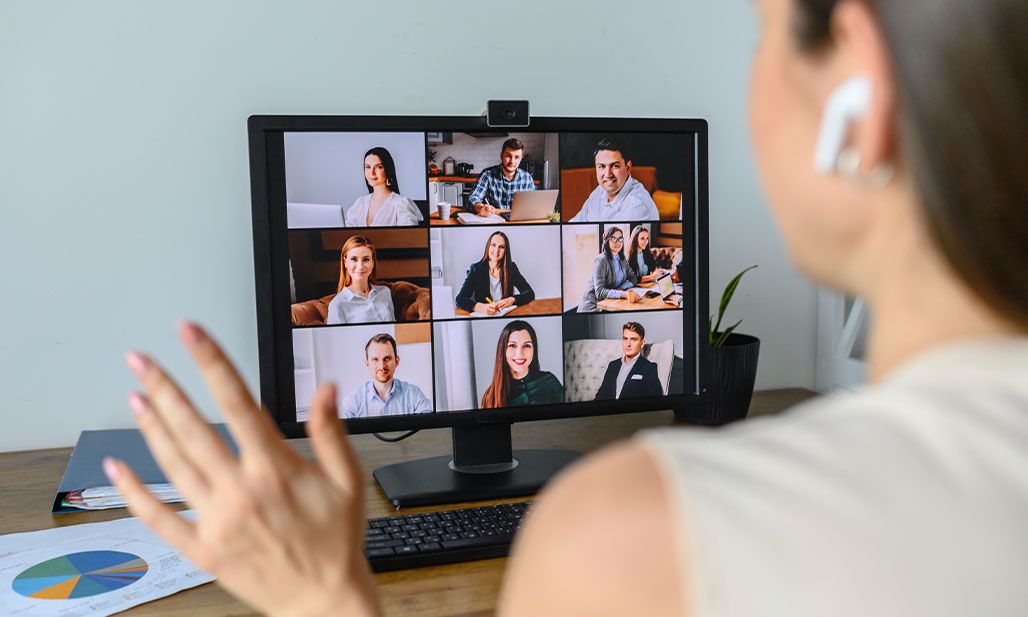Navigating the Challenges of Remote Leadership
In today’s evolving work environment, remote leadership presents unique challenges that require innovative solutions. Ann Francke, CEO of the Chartered Management Institute in the UK, offers insightful strategies for leading teams effectively during these turbulent times. Here’s how you can implement these strategies in your organization.
Communicate Effectively – Be “Virtually Visible”
With remote work becoming the norm, digital communication is more crucial than ever. Staff working apart may feel isolated, particularly when faced with tough decisions. While digital tools provide words, they often lack the nuances of voice and body language. This can lead to misunderstandings and feelings of disconnect.Check Our Management & Leadership Training Courses
How to Enhance Virtual Communication?
- Utilize video conferencing tools like Zoom, Microsoft Teams, and Webex to maintain a visual presence.
- Choose the right communication tool to fit the needs of your team.
- Use productivity platforms like Google Docs and Trello for real-time collaboration and progress tracking.
Prioritize Mental Health
The emotional well-being of your team significantly impacts their performance and decision-making abilities. Stress and anxiety can lead to conflicts and damaged relationships, ultimately eroding trust.
Supporting Team Mental Health
- Maintain regular contact and establish clear communication channels.
- Foster a collaborative environment using group tools for project and social interaction.
- Ensure senior leaders moderate discussions to keep them constructive.
- Encourage participation from all team members to promote inclusivity and support.
Be Clear and Adaptable
Uncertainty can breed confusion and demotivation, especially when goals are unclear. Setting specific aims and objectives is vital to ensure everyone understands their role and contribution.
Staying Agile in Uncertain Times
- Establish objectives to motivate and guide your team, even if they may need adjusting as circumstances evolve.
- Implement a process for regular updates and reviews to keep goals aligned with changing external factors. Explore our Emotional Intelligence Training Courses
Elevate Your Leadership Skills with AZTech
AZTech offers online courses tailored to help leaders and managers enhance their skills in navigating the complexities of remote work. With a focus on management, leadership, and emotional intelligence, these courses are designed to equip you with the tools needed to thrive.
For more information or to enroll in a course, contact us at +971(4)4275400 or email [email protected]. Join our global community and transform your leadership approach today.
